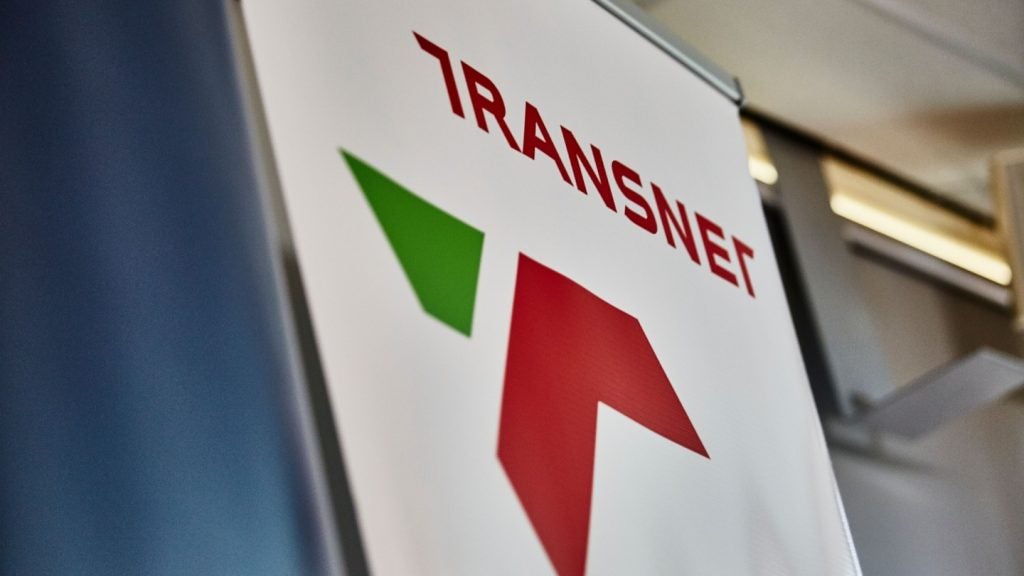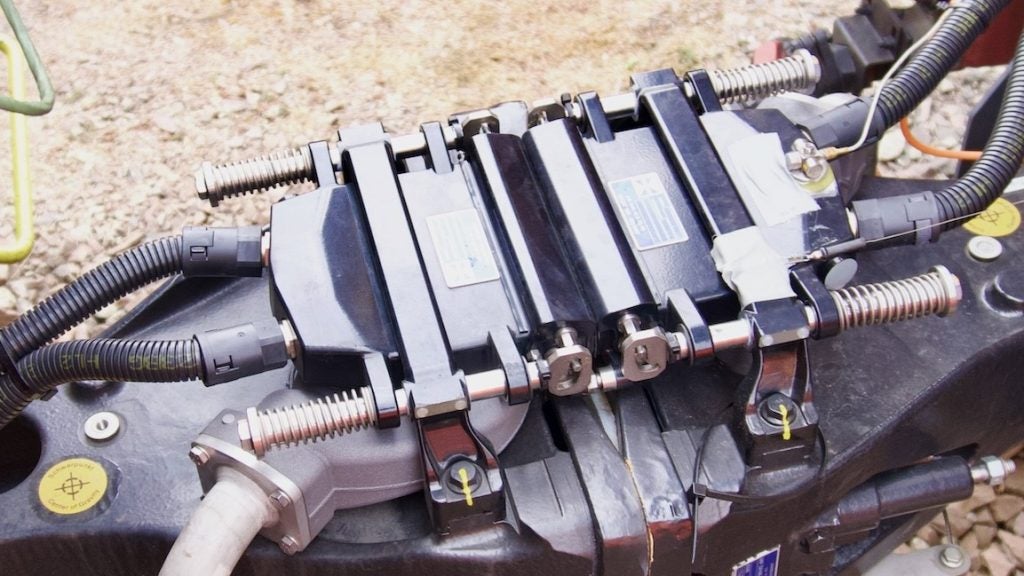The EU has announced more than €7bn ($7.6bn) in grants supporting transport projects as part of its Connecting Europe Facility (CEF), with a primary focus on addressing climate change and encouraging sustainable travel.
The latest round of CEF is the largest under the current transport programme with 134 projects set to receive funding across all transport sectors, though 80% of funding is going towards rail projects.
Some of the biggest grants will support rail infrastructure under the EU’s Trans-European transport network (TEN-T) including €1.2bn for the Rail Baltica project, €765m for the Lyon-Turn rail link, and around €210m for the Fehmarnbelt tunnel connecting Denmark and Germany.
Marko Kivila, CEO of Rail Baltica joint venture RB Rail, said support for the rail network would “promote sustainable transportation, enhance regional connectivity, and strengthen military mobility vital to our common defence.”
“Passengers in the Baltics deserve the same quality, speed, and comfort level of railway travel options as those available to their neighbours in Western Europe.” He added.
Additionally, a high-speed rail project connecting Porto and Lisbon in Portugal will receive more than €810m to support the first phase of constructing the line, with an emphasis on setting the line up to support a future cross-border rail link to Spain.
In Hungary, a project developing upgrades for the Southern Railway Ring of Budapest will receive €290m to support preparatory activities to increase the capacity of efficiency of passenger and freight traffic on the line.
Wopke Hoekstra, European commissioner for climate action and responsible for transport, said: “The selected projects will help transform Europe’s transport network, making cleaner transport modes more efficient and attractive for passengers and freight while enhancing safety across the TEN-T.”
Maritime and Aviation Projects
Around 20 maritime ports will also receive funding from CEF, with some of the biggest grants supporting projects such as a new freight terminal at the Port of Straubing-Sand in Germany, and two inter-dependent berths and other Ro-Ro infrastructure at the Port of Dublin in Ireland.
The EU also confirmed a €300m grant to support the development of an inland waterway link between France and Belgium, with a 1,100km network of waterways connecting the Seine and Scheldt basins.
Additionally, much of the funding will support the development of onshore power supply networks, allowing vessels to “plug in” to a power source at port and reduce engine use, with a number of grants for projects in 11 countries, including Cyprus, Germany, Spain, Finland, and Croatia.
In the aviation industry, CEF funding will focus on the development of a “Single European Sky” with two grants worth a collective €142m to support the European Organisation for the Safety of Air Navigation, also known as EUROCONTROL.
The organisation will use the funding to further its work synchronising and modernising air traffic control services across the continent, in at least 19 EU member states.












